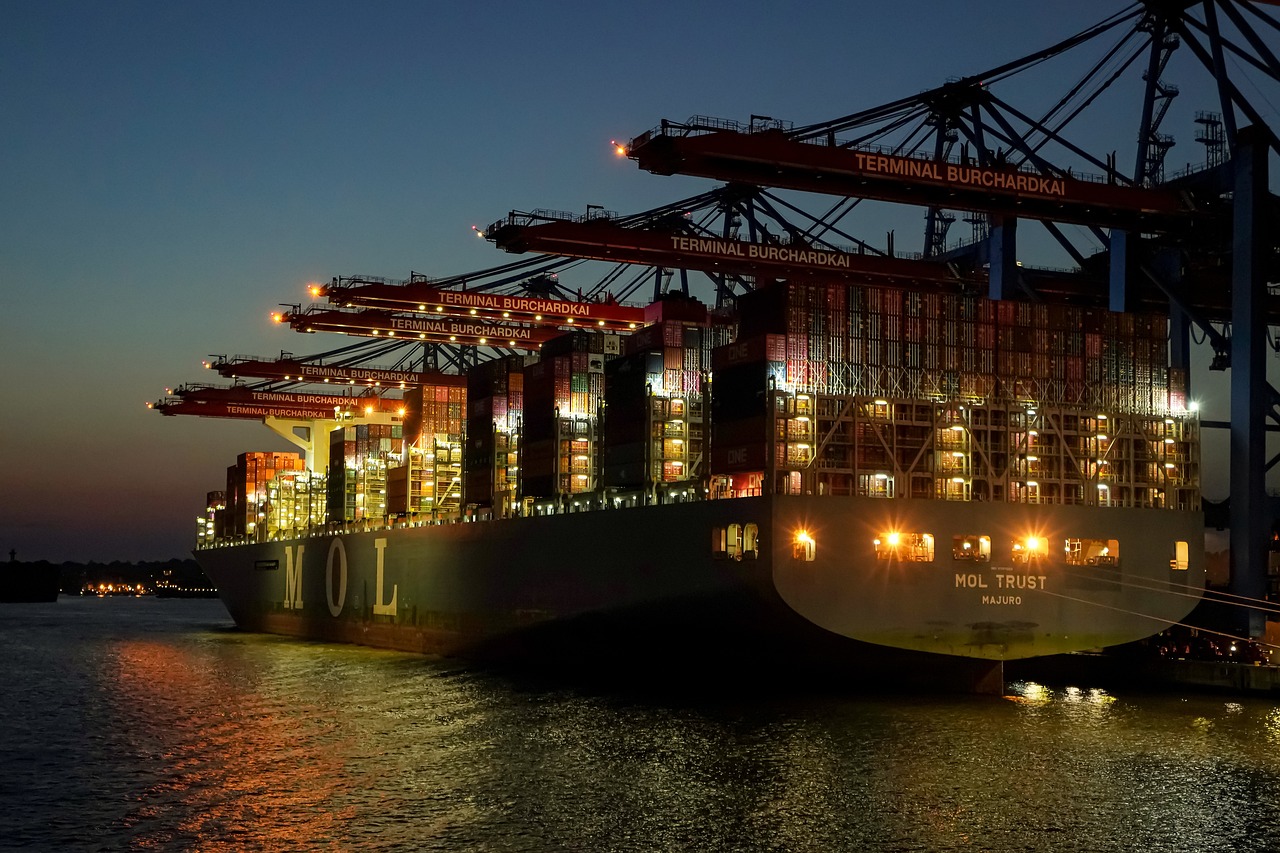In the era of globalization and digital commerce, supply chains have become more complex and interconnected than ever before. These chains involve multiple parties, from suppliers and manufacturers to traders and end consumers. In such a complex system, achieving transparency and security poses a significant challenge. This is where blockchain technology comes in as an innovative solution that promises to revolutionize the way we manage supply chains.
What is Blockchain Technology?
Blockchain is a distributed database characterized by securely recording transactions in a transparent, tamper-proof, and immutable manner. Data is stored in interconnected blocks that ensure a permanent record of transactions. Each transaction recorded in the blockchain can be tracked and verified, making the system transparent and resistant to manipulation.
Transparency in Supply Chains
One of the biggest challenges in traditional supply chains is the lack of transparency. It may be difficult to trace the source of raw materials or determine whether products have been manufactured according to certain standards. With blockchain, every step in the supply chain can be transparently recorded and made available to everyone. For example, consumers can know the source of products, their manufacturing date, and all the parties involved, increasing confidence in the products they purchase.
Security and Resistance to Manipulation
Blockchain relies on a consensus mechanism to ensure the integrity of stored data. This means that it is very difficult to tamper with or modify data once it has been recorded. In supply chains, this feature can help prevent fraud and forgery. For example, companies can verify that the raw materials they receive are indeed what the suppliers claim, and that products have not been tampered with during transportation.
Reducing Costs and Increasing Efficiency
By using blockchain, operational costs associated with managing supply chains can be reduced. Traditional processes often require a lot of paperwork and administrative procedures to verify the authenticity of transactions. With blockchain, these processes can be automated and streamlined. Smart contracts, which are part of blockchain technology, can automatically execute agreements when certain conditions are met, reducing the need for human intervention and speeding up processes.
Challenges and Future Prospects
Despite the significant benefits offered by blockchain, there are challenges to widespread adoption. These challenges include the need for collaboration among all parties in the supply chain, the cost of implementing the technology, and the need to develop the necessary infrastructure to support it. However, the future looks promising for blockchain in supply chains. With increasing awareness of the importance of transparency and security in global trade, companies are expected to continue exploring and adopting this technology to gain competitive advantages and improve their operational efficiency.
Conclusion
Blockchain technology tells a human story that begins with trust and transparency. By achieving transparency and security in supply chains, blockchain promises to change the way we look at purchasing and procurement processes, and to bring about a positive transformation in the world as a whole.

